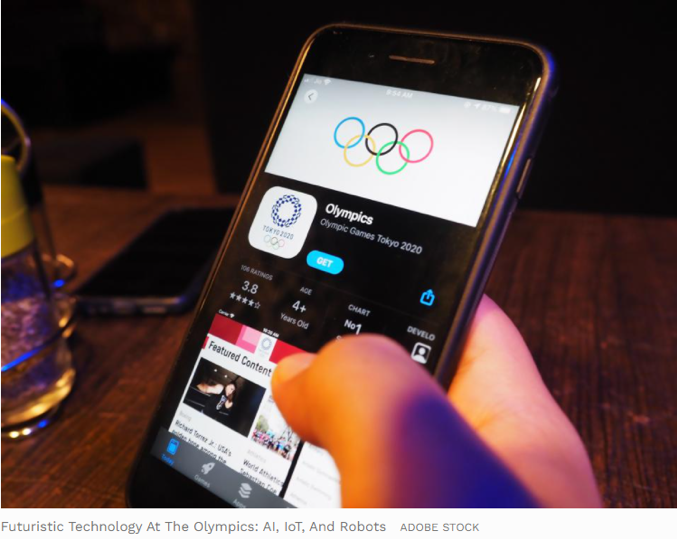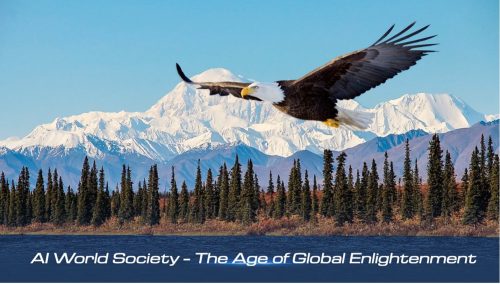The Olympics are all about emotion – the drama of world-class competition, the pageantry of medal ceremonies, and the moment-to-moment celebrations of the human spirit in action.
The 2022 Winter Games kicked off on February 4th in Beijing, China. Despite the fact that the Games feel a little different because of COVID restrictions, nearly 3,000 athletes from 91 countries are competing in 109 events across events like alpine skiing, figure skating, ice hockey, luge, bobsled, snowboarding, and speed skating.
And behind the scenes, there are huge technological advances helping athletes become better, faster, and stronger.
Let’s take a look at how artificial intelligence, the IoT, and intelligent devices are being used at the Olympic Games.
Artificial intelligence tools like computer-vision cameras give the Olympic audience the ultimate viewing experience.
AI-powered 3D Athlete Tracking (3DAT) uses cameras with computer vision and artificial intelligence to give fans near-real-time data during races and events. AI provides biomechanical analysis of athlete speed, distance traveled, and time remaining to display on screen and use in overlays during replays.
The original article was posted on Forbes.
The Boston Global Forum (BGF), in collaboration with the United Nations Centennial Initiative, released a major work entitled Remaking the World – Toward an Age of Global Enlightenment. More than twenty distinguished leaders, scholars, analysts, and thinkers put forth unprecedented approaches to the challenges before us. These include President of the European Commission Ursula von der Leyen, Governor Michael Dukakis, Father of Internet Vint Cerf, Former Secretary of Defense Ash Carter, Harvard University Professors Joseph Nye and Thomas Patterson, MIT Professors Nazli Choucri and Alex ‘Sandy’ Pentland, and Vice President of European Parliament Eva Kaili. The BGF introduced core concepts shaping pathbreaking international initiatives, notably, the Social Contract for the AI Age, an AI International Accord, the Global Alliance for Digital Governance, the AI World Society (AIWS) Ecosystem, and AIWS City.











